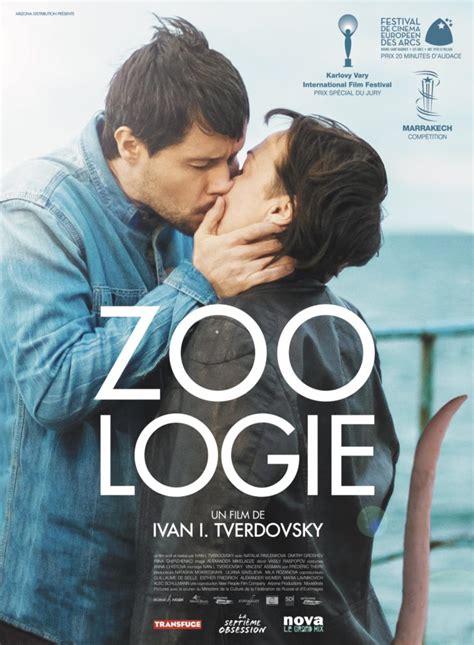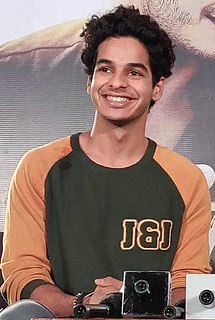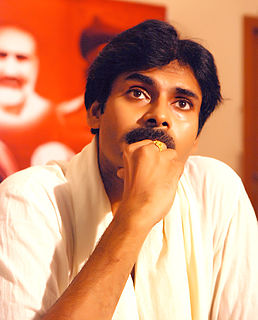A Quote by Francis Ford Coppola
Without a doubt, I was born to want to make cinema, but the kind of cinema I want to make is not like commercial movies, which I enjoy myself, but I wanted to be the kind of filmmaker who wrote original work, sort of like a novelist would who deals with who we are and our times or our relationships.
Related Quotes
I want viewers want to talk about The Conquest. I want the dialogue to start after the movie. The cinema is there to leave a trace. I hope my film leaves a trace and that it will open a door for French cinema and that tomorrow other directors will make political movies. The job of a filmmaker today is to talk about the world surrounding him and, through his movies, to both entertain and raise questions about modern society.
It really has been a blessing because you can go and look at our other movies we've done in a studio system. We didn't get to make the movie that we wanted to make. We made the movie that someone else wanted us to make. That can be a little disheartening, a lot disheartening. While there have been struggles, it doesn't matter which table you're at because you're going to have obstacles, but I kind of like being able to make the movie that you want to make.
The people who've done well within the [Hollywood] system are the people whose instincts, whose desires [are in natural alignement with those of the producers] - who want to make the kind of movies that producers want to produce. People who don't succeed - people who've had long, bad times; like [Jean] Renoir, for example, who I think was the best director, ever - are the people who didn't want to make the kind of pictures that producers want to make. Producers didn't want to make a Renoir picture, even if it was a success.
MORE CONSISTENTLY THAN EVER I WAS TRYING TO MAKE PEOPLE BELIEVE THAT CINEMA AS AN INSTRUMENT OF ART HAS ITS OWN POSSIBILITIES WHICH ARE EQUAL TO THOSE OF PROSE. I WANTED TO DEMONSTRATE HOW CINEMA IS ABLE TO OBSERVE LIFE, WITHOUT INTERFERING, CRUDELY OR OBVIOUSLY, WITH ITS CONTINUITY. FOR THAT IS WHERE I SEE THE POETIC ESSENCE OF CINEMA.






































